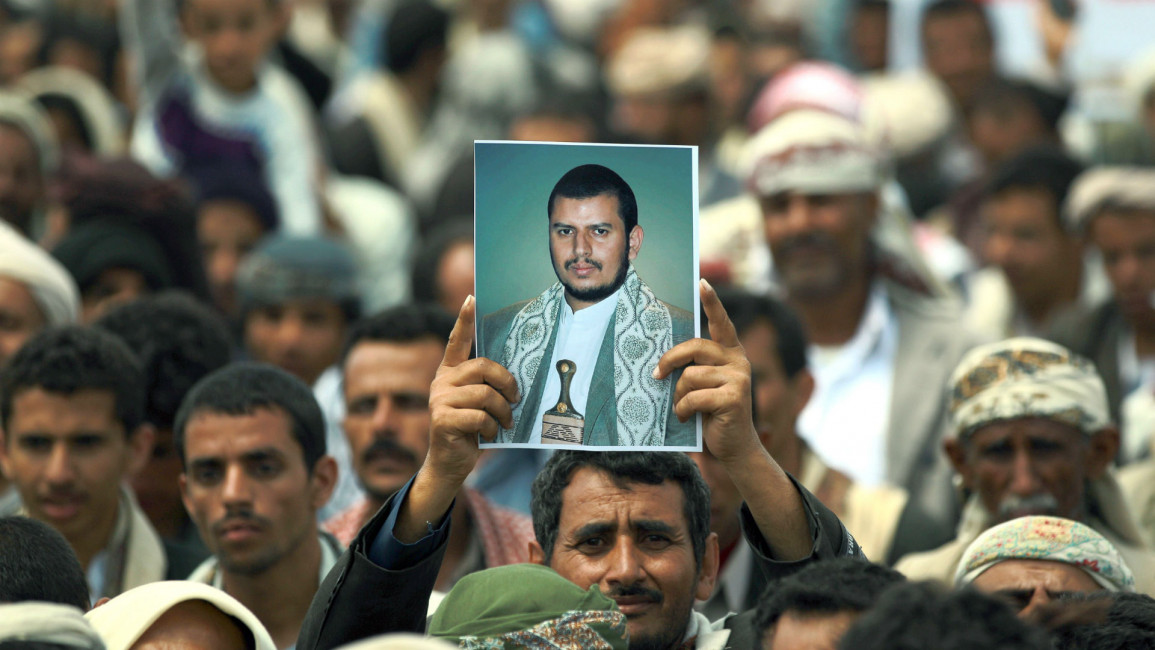Yemen rebel leader willing to give UN control of key port
Yemen's Houthi rebel chief said he is prepared to hand over control of the key port of Hodeida to the United Nations if the Saudi-led coalition backing pro-government troops halts its offensive, a French newspaper reported.
"We told the UN envoy, Martin Griffiths, that we are not rejecting the role of supervision and logistics that the UN wants to hold in the port, but on the condition that the aggression against Hodeida stops," Abdel Malek al-Houthi said in an interview with Le Figaro published online late on Tuesday.
War-ravaged Yemen imports 90 percent of its food, 70 percent of which pass through Hodeida's docks and the fighting has raised UN fears of a humanitarian catastrophe in a country already teetering on the brink of famine.
The Red Sea port has been controlled by the rebels since 2014, when they drove the government out of the capital Sanaa and much of the country.
Earlier this year, the Saudi-led coalition imposed a near-total blockade on the port alleging it was being used as a conduit for arms smuggling to the rebels by its regional arch rival Iran.
Last month, Yemen's government and its allies Saudi Arabia and the United Arab Emirates launched an offensive on the port, the capture of which would be the coalition's biggest victory of the war so far.
UN envoy Griffiths has reportedly been pushing for a deal to end the violence in which the rebels cede control of the port to a UN-supervised committee.
Such an arrangement would mean the rebels would keep control of the city, a situation the UAE has rejected, demanding the unconditional withdrawal of the Houthis.
Arms fair
In the Le Figaro interview, the rebel leader also accused France of "contributing to Arab-led aggression" in Yemen by selling weapons to Saudi Arabia and the UAE.
"Many Western countries consider wars in the light of their economic interests, to the detriment of human rights," he said.
Hundreds of military personnel and government officials attended a key arms fair in the UK on Monday to purchase new weaponry, which human rights groups have warned could trigger further atrocities in the region's war zones - such as Yemen - for years to come.
Andrew Smith of Campaign Against Arms Trade warned: "Saudi Arabian forces are using UK fighter jets and bombs in their brutal bombardment of Yemen. The arms sales being negotiated this week could be used to enable atrocities for years to come."
Earlier this year, Amnesty International said that US and UK arms sales to the Saudi-led coalition in Yemen made a "mockery" of global arms treaties and has resulted in "enormous harm" to civilians.
Saudi Arabia and its allies launched a military intervention in Yemen in 2015 with the aim of rolling back Houthi rebels who had seized the capital, and restoring the government to power.
Since then more than 10,000 people have been killed - the vast majority civilians - and more than 50,000 wounded.
The UK has licensed £4.6 billion ($6.3 billion) worth of weaponry to Saudi Arabia since its "intervention" in Yemen - in March 2015 - began.
The war has created what the UN describes as the world's worst humanitarian crisis, with both sides, particularly the Saudi-led coalition, criticised for indiscriminate bombing.



